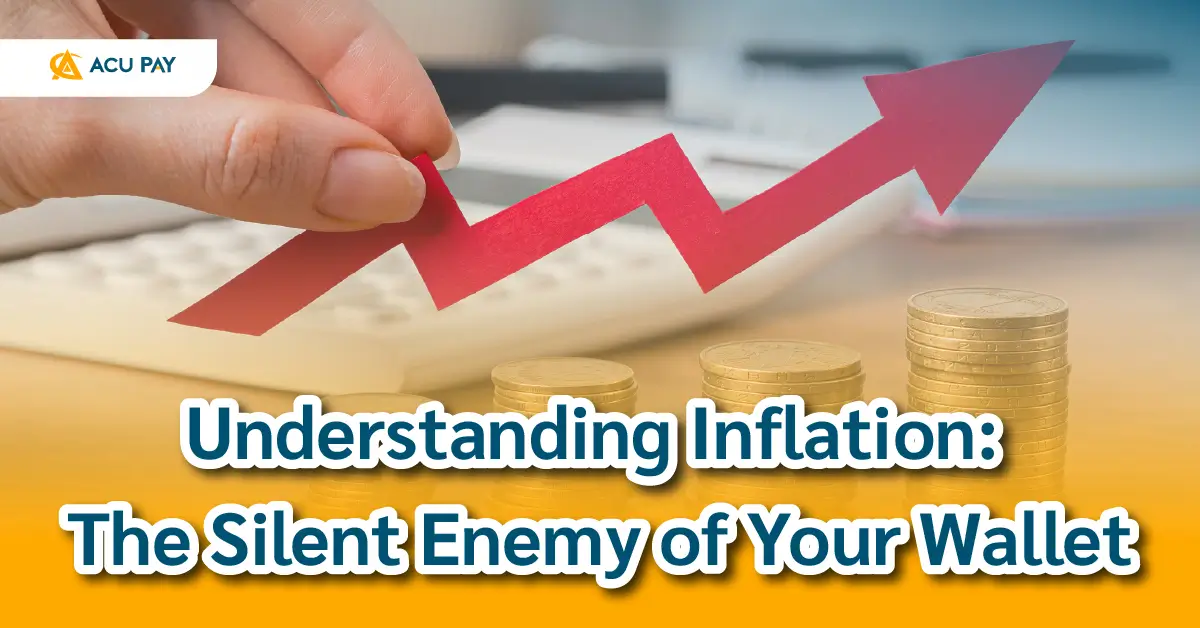

Inflation refers to a situation where the general price level of goods and services rises continuously, leading to a decrease in the purchasing power of money. In other words, the same amount of money that could buy more items before can now buy fewer items. This is the “silent enemy” of the money in your pocket, gradually eroding people’s purchasing power, especially when incomes do not increase at the same rate as prices.
Inflation has a clear impact on both spending and saving.
As goods and services become more expensive but incomes do not increase proportionately, people feel that their money is not going as far as it used to. For example, a plate of rice and curry that once cost 15 baht 20 years ago is now priced at 35-45 baht, which is nearly three times more.
Inflation reduces the value of savings. For instance, if the interest rate on a bank deposit is 1.25% but inflation is 2%, the real return is negative at -0.75%. This means that even if you save money, you will be able to buy fewer things in the future. As a result, many people turn to other assets with higher returns, such as stocks, real estate, or mutual funds.
While the government has policies to control inflation, such as subsidies, adjusting interest rates, or implementing tax measures, individuals also need to plan and adapt to inflation. Here are some strategies:
Although inflation is a normal economic mechanism, its effects on the population are significant. Gaining knowledge and understanding, and preparing by planning your finances properly, will help you navigate through periods of inflation and ensure long-term financial stability.

Make all your financial matters easy. Start a great day with us. MAKE A GREAT DAY WITH ACU PAY.